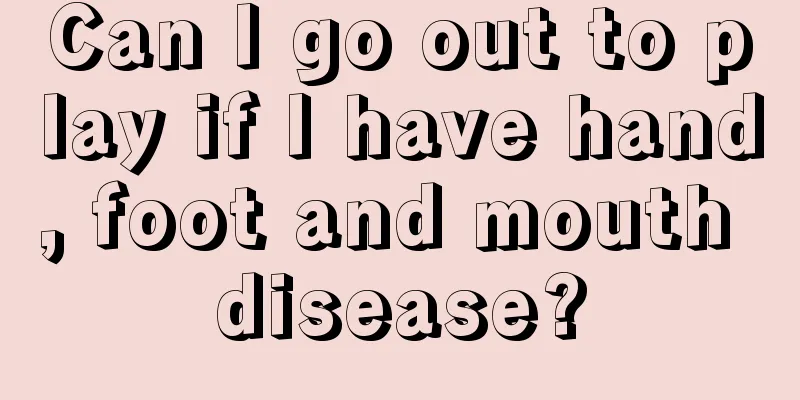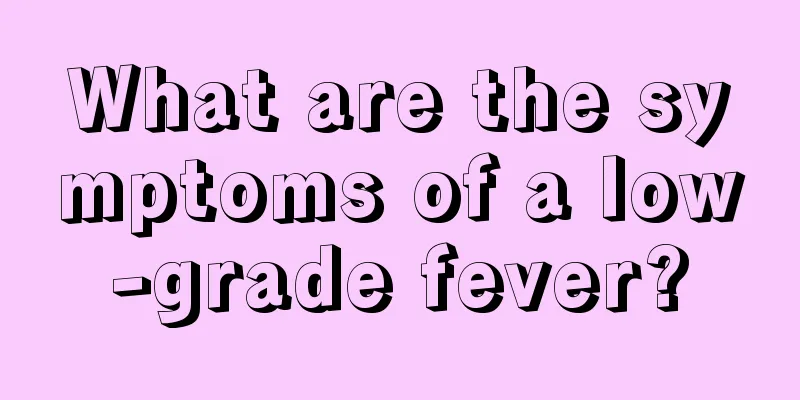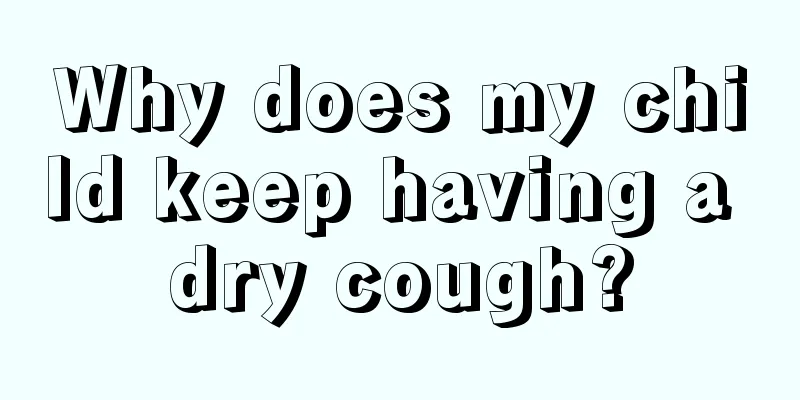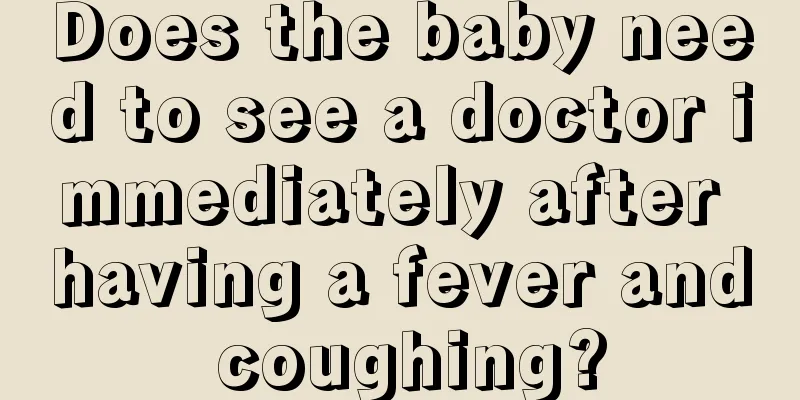Can I go out to play if I have hand, foot and mouth disease?

|
After your baby gets hand, foot and mouth disease, you must reduce going out, because hand, foot and mouth disease is easily contagious and easy to be invaded by external germs. During the baby's illness, you should pay attention to his diet, because hand, foot and mouth disease can cause damage to the baby's oral mucosa. If you do not pay attention to the diet, the damage may be aggravated, which is not conducive to the recovery of the disease. Parents must pay attention to the symptoms of children with hand, foot and mouth disease. So, can people with hand, foot and mouth disease go out to play? 1. Wear a mask before going out Hand, foot and mouth disease can be transmitted to other people through the herpes virus in the mouth, through saliva, sneezing or coughing, so when we have to go out, we must wear a medical mask to prevent infection. 2. Remember to prepare disposable hygiene products in advance Things used by patients with hand, foot and mouth disease should be used by one person only, and they should also bring some disposable items for personal use when going out, such as: paper cups, tableware, paper towels, towels, toothbrushes and other personal items. 3. Do not contact others casually after going out If you have hand, foot and mouth disease and go out for medical treatment, you should refrain from contact with other healthy patients during the treatment. Do not touch others at will to prevent infection or being infected. Do not touch hospital equipment at will as it is easy to be infected with germs. 4. Do not use other people’s or public items after going out People who are suffering from hand, foot and mouth disease are prohibited from using other people's or public items, because it is very likely that once the hand, foot and mouth disease patient uses them and does not take disinfection measures afterwards, another person may be infected with the disease after using them. 5. Pay attention to personal hygiene after going out Do not drink raw water or eat raw or cold food. Wash your hands frequently after going to the toilet or before eating. Cover your mouth and nose with a tissue when sneezing or coughing, and wash your hands with disinfectant or hand sanitizer in time. The patient's saliva, sputum and other secretions should be wrapped in toilet paper and thrown into the trash can. Feces should be collected, disinfected and thrown into the toilet. |
<<: What vaccines should be given to four-year-olds?
>>: Recurrent episodes of hand, foot and mouth disease
Recommend
What are the benefits and precautions of lunch break for primary school students
Many children's habits are disrupted when the...
How to treat damp-heat in the stomach of children?
We all know that the baby's gastrointestinal ...
Children need to be alert to these 4 "high-risk personalities"
3-6 years old is often referred to as the "w...
Is it okay to trim eyelashes for kids?
In some places, there is a custom that after the ...
How to treat a child's nasal congestion and runny nose
Children's nasal congestion and runny nose ar...
5 ways to improve the mental health of left-behind children
There are more and more left-behind children, and...
What is persistent diarrhea in children?
Speaking of diarrhea, I believe many people are f...
Garlic can be used to apply to the soles of the baby's feet
Garlic is a relatively common food. Because of it...
What are some exercises suitable for children to lose weight?
Today, many families will have one child, and the...
Home care for infants with asthmatic bronchitis
It is said that children are the future and hope ...
Can children eat spirulina regularly?
Everyone knows that spirulina has many benefits, ...
What should I do if my baby is always bitten by mosquitoes?
The pain caused by mosquitoes is unbearable for o...
Are children's mosquito coils harmful to babies?
In summer, flies and mosquitoes will multiply in ...
Treatment of facial tics in children
Facial cramps in children are some of the common ...
Repair of sunken scars in children
If a child has symptoms of depressed scars, we ca...









